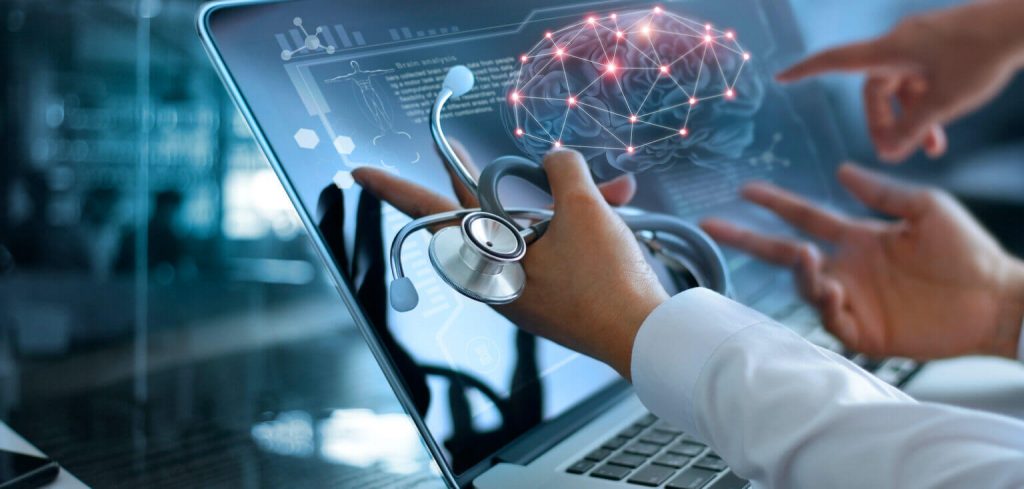How Pandemic is shifting the Healthcare Industry

For the first time in antiquity, a health trauma has shut down the entire global economy, painfully illustrating how integral healthcare and the economy have become.
The COVID-19 Pandemic has considerably challenged the existing abilities of the Healthcare Industry. The fleet spread of the virus has brought the world to a halt and has health leads struggling to find new paths to healthcare. Despite the barriers that have been hit upon the industry, the prospect of technological headway gives the healthcare industry an opportunity for accelerated growth.
One of the main consequences of the Pandemic has been under-equipped health staff. The intensity of the virus has left many clinics with less than the required resources to help COVID patients, Hospital Overcrowding, delay in Non-COVID-related patients’ care journeys. While the pandemic has exposed the rank of virtual health care services such as RPM (Remote Physiological Monitoring) and Telehealth. The infectious nature of COVID-19 has seized many clinics for non-COVID patients. Without virtual care technology, many patients with chronic or other severe conditions would lose access to primary healthcare. The pandemic has made numbers increase while boosting existing users of telehealth to make their platforms more extensive.
Adoption of Artificial Intelligence
Artificial Intelligence (AI) has appeared as the latest solution for the current healthcare-related concerns. AI involves the use of mechanisms to enforce human activities such as learning, interpreting, and analyzing. While AI in medical care has not yet attained its full potential, investing in this course is assumed to grow tenfold. AI systems are still in an immature developmental stage, but they are used by many providers in areas such as patient education, diagnosis, and predictive analysis.
Robotic machines are an instance of how AI could be put into effect in a healthcare context in the future. These machines could perform tasks like patient engagement, or even remote surgery.
In the case of contagious diseases like COVID-19, AI-based humanoids could exclude unnecessary human interactions, thus lowering the risk of transmission. When utilized for analysis and treatment, these robots are significantly more precise than existing technology. In the long run, AI could lead the way for augmented reality to make its move into the mainstream healthcare industry.
The Pandemic has proven to be a landmark event in the history of medical care. While the sector continues to meet extensive challenges, vaster opportunities for growth lay ahead.